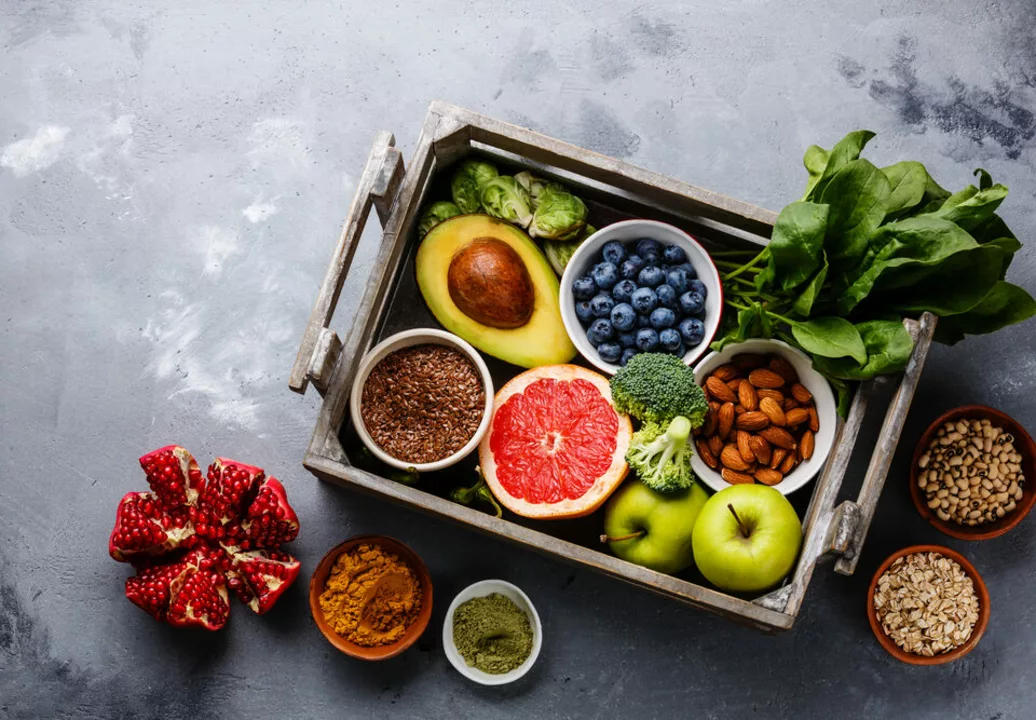Superfood Guide: How to Use Herbs & Supplements Safely
Superfoods are natural foods and herbs that pack noticeable benefits — from better digestion to calmer sleep. You’ve probably heard claims about oregano, wild thyme, or valerian. They can help, but knowing how to use them matters more than the hype. This page gives clear, practical tips so you can add superfoods without risking your health.
Start by treating superfoods like medicine. A teaspoon of oregano oil or a cup of herbal tea can be helpful, but higher doses may cause side effects or interact with prescription drugs. If you take blood thinners, diabetes meds, or antidepressants, talk to your healthcare provider before adding potent herbs. That simple step prevents bad interactions and keeps treatment working as it should.
Quality beats trendiness. Look for supplements with third-party testing, clear ingredient lists, and transparent dosing. Avoid products that promise miracle cures or hide their source. For many herbs, standardized extracts give predictable effects. If a label lists active compounds like carvacrol for oregano, that’s a good sign.
Practical Uses and Safe Dosages
Use wild thyme for digestion: a small dose as a tea after meals can reduce gas and bloating. Oregano supplements can support immune response and act as an antioxidant; follow the manufacturer’s dosage and stop if you notice stomach upset. Valerian helps sleep for some people; take it an hour before bed and start with a low dose to judge response. For each herb, follow label directions and never exceed recommended daily amounts.
Pregnancy, breastfeeding, and young children need extra caution. Many plant compounds haven’t been studied in those groups. If you’re pregnant or nursing, check with your obstetrician before using any new herb. The same goes for chronic conditions like liver disease or when you’re already on multiple medicines.
Where to Buy and How to Combine With Meds
Buy from reputable stores or pharmacies that list contact info and testing certificates. Online pharmacies can be fine, but check reviews and verify their credentials. Keep receipts and batch numbers in case of recalls. When combining supplements with prescriptions, stagger timing if a supplement affects absorption — for example, take medication and herb several hours apart unless your doctor advises otherwise.
Finally, track results. Keep a short diary of doses, timing, and effects for two weeks. That record helps you and your clinician spot benefits or problems fast. Superfoods can be useful tools when used sensibly. Treat them like helpful allies, not miracle fixes, and they’ll fit safely into your health plan.
Common mistakes people make include assuming natural equals safe, mixing multiple herbal supplements at once, and ignoring side effects. Start only one new herb at a time so you can see what it does. Store supplements in a cool, dry place and check expiry dates. If you notice allergic reactions, stop immediately and seek medical help. For long-term use, schedule a follow-up with your doctor every few months to reassess need and dose. Small steps lower risk and help you get benefits.

Ashitaba: The Secret Superfood You Need to Add to Your Diet Today!
I recently discovered Ashitaba, a secret superfood that we all need to add to our diets today! This amazing plant, native to Japan, is packed with vitamins, minerals, and antioxidants, making it a powerhouse for our health. Not only does it help boost our immune system, but it also aids in digestion and supports healthy aging. Plus, it's incredibly versatile, so it's easy to incorporate into our daily meals. I can't wait to see the benefits of adding Ashitaba to my diet and I encourage you all to give it a try too!
More Detail